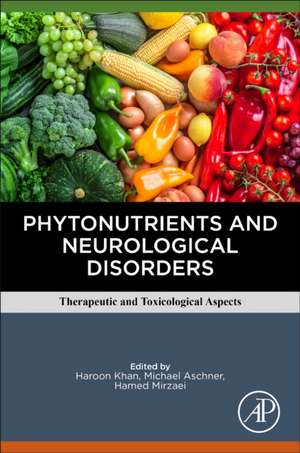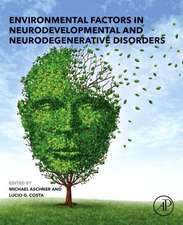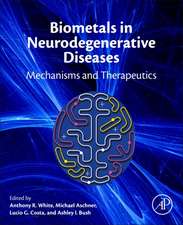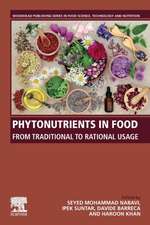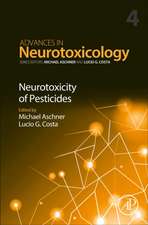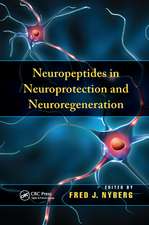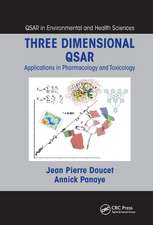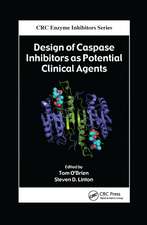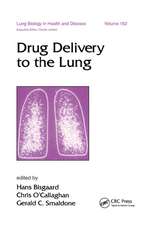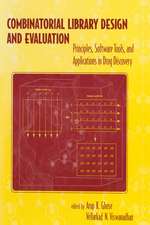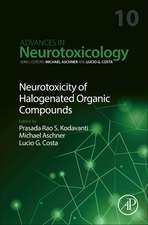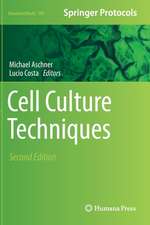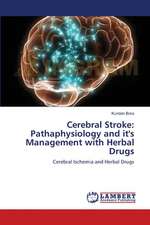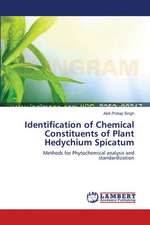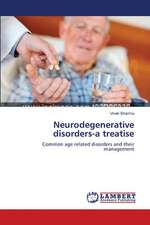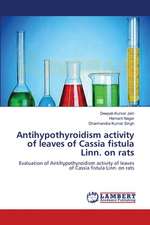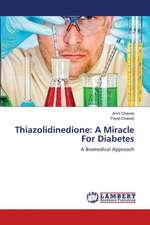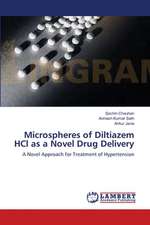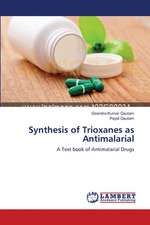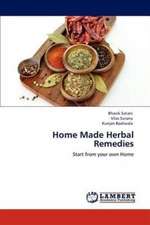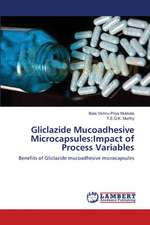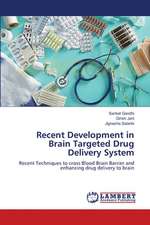Phytonutrients and Neurological Disorders: Therapeutic and Toxicological Aspects
Editat de Haroon Khan, Michael Aschner, Hamed Mirzaeien Limba Engleză Paperback – 11 iul 2023
- Presents a comprehensive resource on phytonutrients and their relationship to neurological disorders
- Analyzes the isolation, characterization and mechanisms of phytonutrients in neurology
- Focuses on various signaling pathways followed by phytonutrients in neuroprotection
- Gives the latest thinking on quality control parameters and specifications for phytonutrient study
- Considers the toxicology of phytonutrients, including adverse drug reactions, toxicokinetics and toxicodynamics
Preț: 725.69 lei
Preț vechi: 905.06 lei
-20% Nou
Puncte Express: 1089
Preț estimativ în valută:
138.90€ • 150.93$ • 116.76£
138.90€ • 150.93$ • 116.76£
Carte tipărită la comandă
Livrare economică 14-28 aprilie
Livrare express 14-20 martie pentru 185.56 lei
Preluare comenzi: 021 569.72.76
Specificații
ISBN-13: 9780128244678
ISBN-10: 0128244674
Pagini: 416
Ilustrații: 40 illustrations (20 in full color)
Dimensiuni: 191 x 235 x 25 mm
Greutate: 0.87 kg
Editura: ELSEVIER SCIENCE
ISBN-10: 0128244674
Pagini: 416
Ilustrații: 40 illustrations (20 in full color)
Dimensiuni: 191 x 235 x 25 mm
Greutate: 0.87 kg
Editura: ELSEVIER SCIENCE
Public țintă
Primary: Natural product researchers; nutritionists; medical practitioners; pharmacologists and pharmacognosists; food chemists; food scientists; phytochemists; medical chemistry researchers.Secondary: Medical students and graduate students in pharmacology, pharmaceutical science, and related fields.
Cuprins
Part A, Section 1: Bioactive compound classes and biosynthesis pathway
1. Current therapies for neurological disorders and their limitations
2. Biosynthesis of phytonutrients
3. Neuroprotective effects of flavonoids
4. Neuroprotective effects of glycosides
5. Neuroprotective effects of terpenoids
6. Neuroprotective effects of alkaloids
7. Neuroprotective effects of saponins
8. Neuroprotective effects of steroids
9. Neuroprotective effects of essential oils
10. Neuroprotective effects of phytonutrients at gene levels
Part A Section 2: General considerations
11. Latest development in quality control parameters/specification in phytonutrients studies
12. Phytonutrients standardization for effective therapeutic outcomes
13. Phytonutrients and technological development in formulations
Part B Sections: Toxicological considerations in phytonutrients
a. Adverse drug reactions
b. Toxicokinetics
c. Toxicodynamics
1. Current therapies for neurological disorders and their limitations
2. Biosynthesis of phytonutrients
3. Neuroprotective effects of flavonoids
4. Neuroprotective effects of glycosides
5. Neuroprotective effects of terpenoids
6. Neuroprotective effects of alkaloids
7. Neuroprotective effects of saponins
8. Neuroprotective effects of steroids
9. Neuroprotective effects of essential oils
10. Neuroprotective effects of phytonutrients at gene levels
Part A Section 2: General considerations
11. Latest development in quality control parameters/specification in phytonutrients studies
12. Phytonutrients standardization for effective therapeutic outcomes
13. Phytonutrients and technological development in formulations
Part B Sections: Toxicological considerations in phytonutrients
a. Adverse drug reactions
b. Toxicokinetics
c. Toxicodynamics
Recenzii
"...provides a good introduction to plant-based nutraceuticals in neurological disorders [and] helps the reader understand the many different plant derivatives, including polyphenols, flavones, flavanols, cathechins, and anthrocyanins. [A]ims to discuss the latest research into the role of phytonutraceuticals in neurological illnesses. [A] helpful resource for neurologists as often patients are interested in incorporating nutraceuticals in their treatment plans... [A] decent reference for phytonutraceuticals in neurological disorders. It can be a helpful resource for neurologists who are interested in advising patients about non-pharmacological plant-derived supplements." --©Doody’s Review Service, 2024, Shin Beh, MD, FAAN, FAHS (University of Texas Southwestern Medical Center at Dallas)
